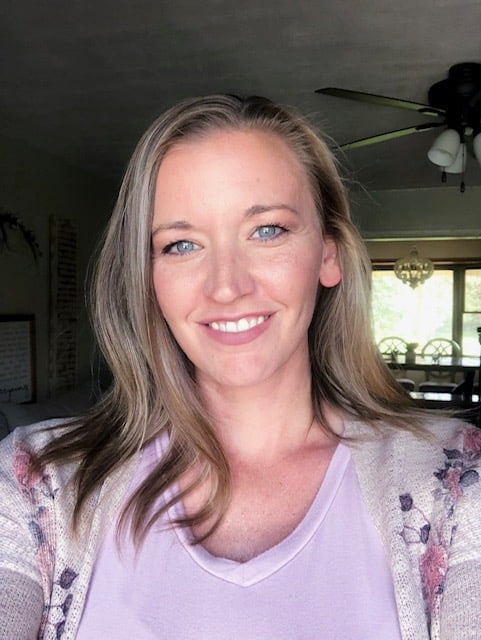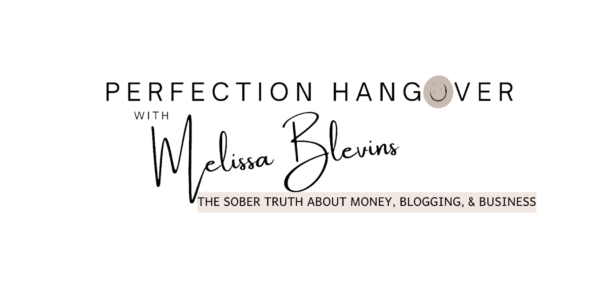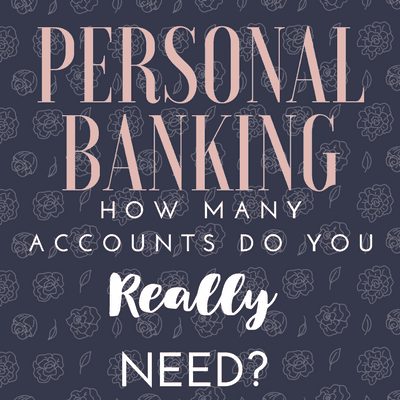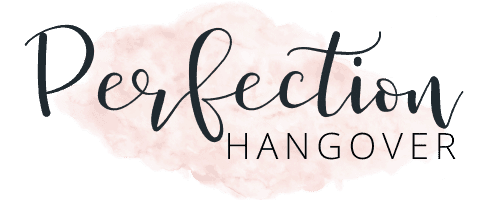This post may contain affiliate links. Click here to read my full disclosure.
Personal Banking Tips: It ain’t glamorous or fun, but you pretty much have to have a bank account in order to manage your finances in today’s technological society.
I know someone who used to keep cash in his sock drawer because he didn’t trust banks. Unless you’re living as a mountain man, off the grid, this just doesn’t work for most people. You know how I know you can trust banks?
Your money is FDIC insured, up to $250,000 per owner (or co-owner on joint tenancy accounts), with the potential to be covered for even more by adding “payable on death” beneficiaries. So if a bank collapses, you’ll get your money, up to the limits listed, provided they are a member of FDIC. Credit unions are insured by the NCUA.
If you’d rather watch a quick video, I’ve summed up my personal banking tips in the video above in just a few minutes. Don’t forget to subscribe to my YouTube channel for more practical money tips for the free-spirited nerd!
When I was a personal banker, part of my job was to offer personal banking tips and products to a client, based on their individual needs.
Banks are for-profit, so their goal is to build a relationship with the clients that is so great they won’t ever want to leave. The more products a client has, the less likely they are to leave for a competitor. It’s just too much hassle to close your bank accounts and to change your direct deposits and automatic bill payments. So what products do you actually need?
Personal Banking Tips: Must-Have Accounts
- Main Checking– This account will serve as your main bill account. You’ll set up a direct deposit from your employer into this account. It’s pretty straightforward. ONLY bills are paid out of the main checking account. Don’t even order debit cards for this account. Trust me on this.
- Emergency Fund Savings– Dave Ramsey suggests saving $1000 in a “baby emergency fund” if you’re still in the process of paying off debt. Generally, this is a good starting point, but sometimes I think this number should be a bit higher, for instance, if you’re saving for potential medical emergencies (if you have known health problems).
You’ll revisit your budget and determine how much you can allocate to the emergency fund each paycheck. Then you’ll set up automatic transfers each payday from your main checking to your emergency fund.
- Expense Checking-This is a secondary checking account for gasoline, groceries, eating out, and any other expenses that aren’t in the “bill” category. Go ahead and order a debit card for yourself and your spouse on this account. Some people prefer to use the cash envelope system for expenses and sinking funds, but I don’t particularly enjoy going into the gas station to pay for gas, so I have a debit card tied to this account.
- Other Savings for Vacation, Christmas, Etc.-Most people start saving every month for certain expenses. Maybe you’re wanting to take a small vacation this summer with the family. Or perhaps you’re looking forward to paying cash for Christmas. Either way, you’ll need to separate that from your emergency fund savings. Set up automatic transfers from your main checking to make things easier.
- Online Banking/Bill Pay-These are self-explanatory. Paying bills online has become a common practice. When I first began my banking career, folks were apprehensive about this because they were afraid hackers would take all of their money. When you pay your bills through your bank’s online banking system, you are in control of how and when the companies get paid, rather than the other way around.
Let me give you an example of where this would benefit you. Your cable, phone, and internet providers are notorious for charging early termination fees when you cancel service, and if you’ve provided a debit card or auto draft authorization, they can (and will) automatically debit the fee for such. You lose control over the ability to pay this fee on your terms (say, half now, half next month).
By far, the best online savings account I’ve found to date is offered through CIT Bank and is insured by the FDIC. They offer savings accounts with low initial deposits that pay a great interest rate (much better than any local bank is paying me currently)! Here’s a link to the savings accounts they offer.
Bonus Bank Accounts for Building Credit
If your credit score is less than stellar, and you are looking to build your credit, consider opening a CD-secured, or savings secured, loan. I go into detail about this product here, but it is one of the best no-risk products for building credit, and you should definitely check it out.
Final Thoughts
Do NOT set up overdraft protection on any of your accounts, especially if you are an emotional spender! If you’re doing a true, zero-based budget, you should not be going overdrawn EVER! But IF you accidentally overspent, using your debit card (or your spouse forgot to tell you he stopped for wings and beer for lunch with the guys), as soon as your available balance is 0, your card should be declined, and your savings account won’t be affected.
Personal Banking tips can be intimidating if you don’t know what you truly need. For a free printable list of these products, click below.
If you need help creating a budget, and you don’t know where to start, I’d be happy to help! Just click here, and fill out the form to schedule a budget analysis, and we’ll get you started on the path to financial freedom!

Life is a collection of memories and experiences. There are ups and downs. I am so grateful for God’s grace and am on the journey to a renewed spirit, free of perfectionism. Perfection Hangover offers the sober truth – no filter.



Pingback: Top Personal Finance Blogs {Who to Follow this Year}
It really helped when you said that online banking can be an easy way to pay bills online. I need to start paying my own car insurance so I want to switch my banking to a personal account. I’ll have to talk to some banks and try to differentiate them for my own gain.
Pingback: How Should Married Couples Split Finances? | Perfection Hangover
Thanks for these tips for personal banking. It’s good to know that you should get an expense checking that can be used for other expenses, like groceries and eating out. It seems like a fantastic way to categorize everything and keep track of everything.
Yes, Taylor! It especially helps to keep expenses separate from bills so you aren’t tempted to overspend on frivolous purchases 🙂